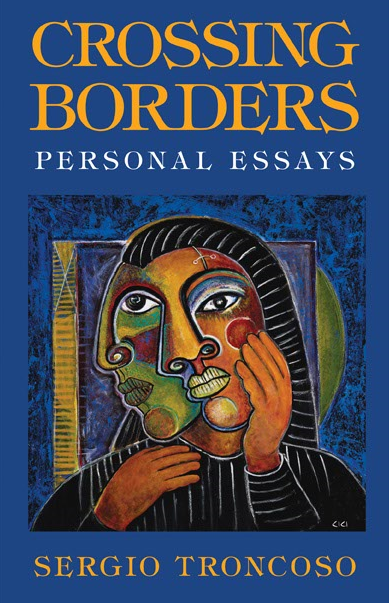State Anti-Immigration Laws Discourage All Latinos from Moving In

*There’s a line in this story that’s central to the problem and the immigration debate in general. It’s in the fourth paragraph, it says “This is a loss of human capital,” it’s attributed to Richard Wright, a co-author of the study. What Wright is trying to say is that immigration is also an economic issue, what he’s trying to do is change the immigration narrative. It’s a good line to remember. VL
 By Brian Latimer, NBC News (1.5 minute read)
By Brian Latimer, NBC News (1.5 minute read)
States that passed anti-immigration legislation are losing out on Latinos who are not migrating to these areas — and this includes Hispanics born in the U.S.
The University of Washington – Dartmouth study tracked interstate migration of U.S.-born Latinos, naturalized Latinos and non-citizen Latinos since 1995. Researchers tracked how Hispanics moved within the U.S. as states passed anti-immigration legislation during and after the Great Recession.
Read more NewsTaco stories onFacebook. >>
These “hostile states” have laws that require immigration-status verification to acquire a driver’s license, call for universal employment verification, or plan to cut funding to “Sanctuary Cities.” In Arizona specifically, the controversial bill SB 1070, also known as the “Show Me Your Papers” bill, required citizens to present proof of their immigration status on demand . . . READ MORE
[Image courtesy of NBC News]
Suggested reading


